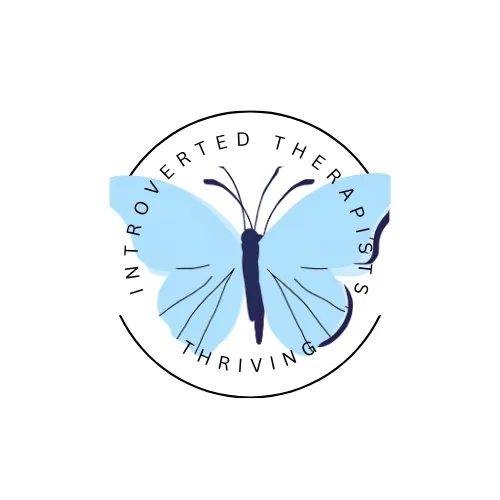What Really Is Self Care?
I imagine you have heard that self care is more than bubble baths and spa days. So what is it really? While self care can include caring for our physical bodies and doing nurturing activities mentioned above, self care also includes caring for your emotional, mental and spiritual well being.
Perhaps you have heard that setting and maintaining boundaries and saying “no” are also ways to incorporate self care into your life. This is very important and an essential part of emotional self care. Yet if you don’t address the underlying beliefs that have caused you to have difficulty saying ‘no’ and setting and holding healthy boundaries you may be left feeling guilty.
If you grew up in an abusive, dysfunctional or even a “less than nurturing” home you may have developed faulty core beliefs about yourself, such as “I am unworthy, unloveable, not good enough.” These faulty core beliefs can lead to developing unhealthy relationship patterns including co-dependence or people pleasing. These patterns make it difficult to set limits and prioritize your needs ahead of everyone else.
Using the Internal Family Systems (IFS) model is a very effective way to work with these parts that hold these patterns. (Yes I have a bias for IFS) For example, a client who is also a therapist, discovered a “Rescuer” part that wanted to rescue and save their loved ones and clients. After working with this part and letting it know that it doesn’t have to work so hard and it can take on a different role they were able to maintain boundaries with greater ease. My client now knows that their family, friends and clients have their own inner resources, strengths and wisdom to find ways to take care of themselves. They can be a guide and support person and relax knowing it’s not their job to rescue anybody. In fact it is not healthy or really helpful in the long run.
As introverts it is important to create time throughout the day to rest, recharge and care for one’s physical, emotional, mental and spiritual needs. This will look different for each therapist, as introverts have different needs. The important part is to identify your needs and find ways to meet these needs. It may be a walk outdoors, reading an uplifting article or book, saying no to a request, taking a nap, yoga, the list goes on and on. Develop your comprehensive self care plan and honor your needs as an introverted therapist.
Mission Statement:
To empower introverted therapists to thrive
personally and professionally while preventing
burnout in their careers and lives.
